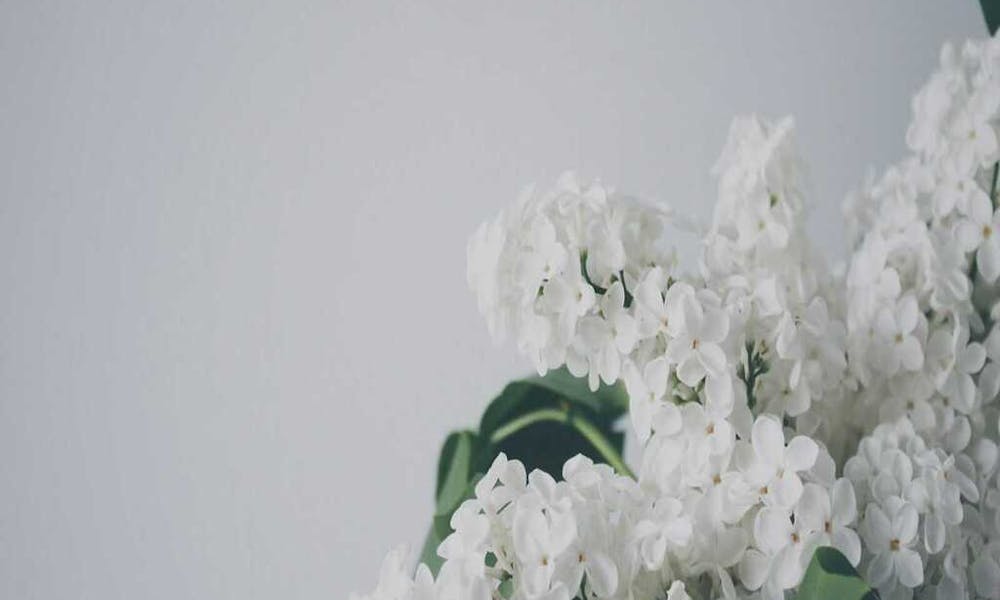Flower Care 101: Keeping Your Blooms Fresh and Vibrant

In the world of gardening and floral arrangements, taking care of your flowers is a vital aspect of ensuring their longevity and vibrancy. Whether you are a seasoned gardener or a newbie with a green thumb, understanding the basics of flower care is essential. In this comprehensive guide, we will delve into Flower Care 101, providing you with tips and tricks to keep your blooms fresh and beautiful.
Flowers have the remarkable ability to brighten up any space and evoke emotions with their vibrant colors and enchanting fragrances. To make the most of your floral arrangements, it’s essential to know how to care for them properly. In this Flower Care 101 guide, we will walk you through the steps to ensure your flowers remain fresh and stunning for as long as possible.
Choosing the Right Flowers
The first step in flower care is selecting the right flowers for your arrangement. Different flowers have different care requirements. Some are more resilient, while others are delicate and require extra attention. Choose flowers that suit your environment and expertise level.
Preparing Your Vase
Your choice of vase plays a crucial role in keeping your flowers healthy. Make sure your vase is clean and free from any residue or bacteria that could harm the flowers. Use a clean, sharp pair of scissors or pruning shears to cut the stems at an angle before placing them in the vase.
Trimming and Conditioning
Trimming the stems is essential to allow for proper water absorption. Remove any leaves that would be submerged in water to prevent bacterial growth. Conditioning your flowers by placing them in lukewarm water for a few hours before arranging them can help them hydrate and perk up.
Watering Your Flowers
Regularly check the water level in your vase and ensure it stays clean. Flowers drink a lot of water, so top it up as needed. Lukewarm water is preferable as it’s easier for the flowers to absorb.
Sunlight and Temperature
Place your flower arrangement in a spot with indirect sunlight and maintain a moderate room temperature. Avoid direct sunlight and extreme heat or cold, as these can wilt your blooms prematurely.
Avoiding Ethylene Gas
Ethylene gas, produced by fruits and some vegetables, can hasten the aging of flowers. Keep your flowers away from these ethylene-producing items to extend their freshness.
Changing the Water
Replace the water in your vase every few days to prevent bacterial growth and maintain the freshness of your flowers.
Pruning and Deadheading
Remove any wilting or dead flowers promptly. This not only enhances the appearance of your arrangement but also encourages new growth.
Pest Prevention
Inspect your flowers regularly for pests and take appropriate measures to protect them. Insect infestations can quickly damage your blooms.
Fertilizing Your Blooms
Depending on the type of flowers you have, consider using a flower-specific fertilizer to nourish your blooms and extend their lifespan.
Rejuvenating Wilting Flowers
If your flowers start to wilt prematurely, try submerging the entire arrangement in cold water for an hour or two. This can often revive them.
Drying and Preserving Flowers
To preserve the beauty of your flowers long after they’ve withered, consider drying or pressing them. This way, you can enjoy your blooms for months or even years to come.
Common Mistakes to Avoid
Learn from common flower care mistakes, such as overcrowding your vase, neglecting to change the water, or placing your arrangement in a drafty area. Avoiding these pitfalls will keep your flowers looking their best.
Conclusion
Caring for your flowers can be a fulfilling and rewarding experience. By following the guidelines in this Flower Care 101 guide, you can enjoy vibrant and long-lasting blooms in your home or garden. Remember that each type of flower may have its unique needs, so it’s essential to research specific care instructions for the varieties you choose.
FAQs (Frequently Asked Questions)
1. How often should I change the water in my flower vase?
Regularly change the water every few days to ensure the freshness of your flowers.
2. Can I use tap water for my flowers?
Yes, tap water is generally suitable for most flowers, but using lukewarm water is preferable.
3. What flowers are the easiest to care for?
Some of the easiest flowers to care for include roses, carnations, and daisies.
4. How do I prevent pests from damaging my flowers?
Regularly inspect your flowers for pests and take appropriate measures, such as using insecticidal soap or neem oil.
5. Can I revive wilting flowers?
Yes, you can often revive wilting flowers by submerging the entire arrangement in cold water for an hour or two.

